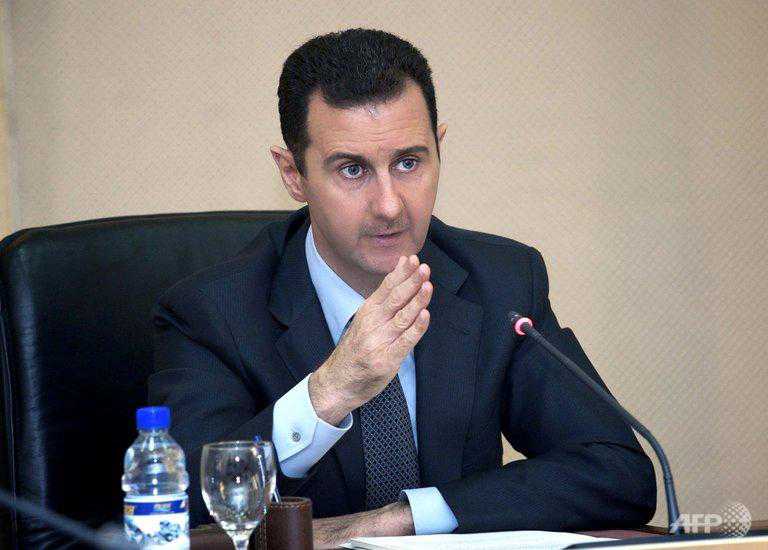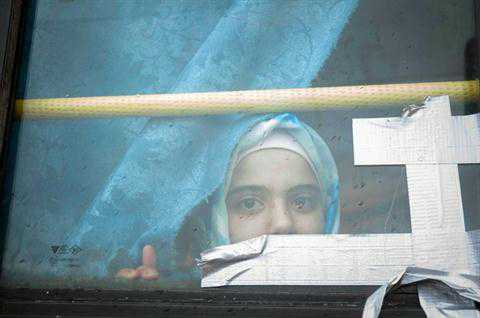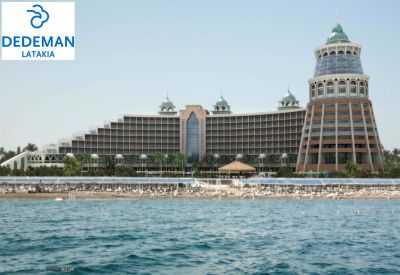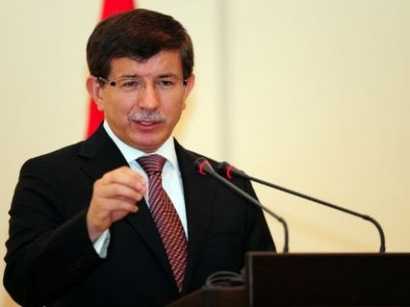Homemade Sarin Was Used In Attack Near Damascus – Lavrov
By RT
September 26, 2013 “Information Clearing House – Russia has enough evidence to assert that homemade sarin was used on August 21 in a chemical attack near Damascus, the same type but in higher concentration than in an Aleppo incident earlier this year, Russian FM Sergey Lavrov said.
“On the occasion of the incident in the vicinity of Aleppo on March 19, 2013 when the United Nations, under the pressure of some Security Council members, didn’t respond to the request of the Syrian government to send inspectors to investigate, Russia, at the request of the Syrian government, investigated that case, and this report, i.e. the results of this investigation are broadly available to the Security Council and publicly,” Lavrov said.
“The main conclusion is that the type of sarin used in that incident was homemade. We also have evidence to assert that the type of sarin used on August 21 was the same, only of higher concentration.”
The minister said he had recently presented his US counterpart John Kerry with the latest compilation of evidence, which was an analysis of publicly available information.
“The reports by the journalists who visited the sites, who talked to the combatants, combatants telling the journalists that they were given some unusual rockets and munitions by some foreign country and they didn’t know how to use them. You have also the evidence from the nuns serving in a monastery nearby who visited the site. You can read the evidence and the assessments by the chemical weapons experts who say that the images shown do not correspond to a real situation if chemical weapons were used. And we also know about an open letter sent to President Obama by former operatives of the CIA and the Pentagon saying that the assertion that it was the government that used the chemical weapons was a fake.”
Lavrov emphasized that Russia stands fully committed to implementing the Geneva framework of September 14, a bilateral agreement with the United States to move forward with the destruction of Syrian chemical weapons stockpiles under the Chemical Weapons Organization’s supervision.
The foreign minister, however, reminded that the agreement did not suggest adopting any UN resolution that mentions immediate UN Chapter 7 measures against Syria, or rather the potential for the use of military force.
“We set in that framework which we agreed in Geneva that we would be very serious about any violation of the obligations under the Chemical Weapons Convention, we would be very serious about any use of chemical weapons by anyone in Syria and that those issues would be brought to the Security Council under Chapter 7.”
UN resolution within two days?
The draft resolution to back Syria’s disarmament could be finalized “very soon,” possibly “within the next two days,” Russian Deputy Foreign Minister Gennady Gatilov told the AP.
Although the text of the resolution will include a reference to Chapter 7 of the UN Charter, Gatilov stressed there will be “no automaticity in engaging” in military or non-military actions without a separate discussion at the UN Security Council.
The five permanent members of the Security Council have yet to agree on a final text of the resolution, though the group has indicated significant progress is being made.
Russian news agency Interfax rebutted earlier reports on Wednesday made by Western news agencies that claimed that a deal between the United States, Russia, France, China and Britain on wording of the draft resolution on destruction of chemical weapons in Syria had been reached.
“The alleged report claiming that five Security Council agreed on the main part of the resolution on Syria is not true. The Russian delegation was extremely surprised by the appearance of such information,” a source from the Russian delegation told Interfax.
#Russian UN delegation says reports that the #UNSC has agreed on a resolution are false. #Syria #UN @RT_America @RT_com
— Anastasia Churkina (@NastiaChurkina) September 25, 2013
“This is just their wishful thinking,” the spokesman for Russia’s UN delegation said. “It is not the reality. The work on the draft resolution is still going on,” quoted Reuters.
Earlier AFP and Reuters had reported that three Western diplomats speaking on condition of anonymity indicated that the permanent members of the Security Council had agreed on a new proposal.
“It seems that things are moving forward,” one source told Reuters, adding that there was “an agreement among the five on the core.” “We are closer on all the key points,” he said.
The envoys told AFP that the draft resolution would allow for sanctions under Chapter 7 of the UN charter to be considered if President Bashar al-Assad fails to keep to a Russia-US disarmament plan.
On Tuesday, on the sidelines of the UNGA US Secretary of State John Kerry and Russian Foreign Minister Sergey Lavrov held a “constructive” meeting and agreed to continue pushing towards destruction of chemical weapons held by all sides in Syria under international supervision.
© Autonomous Nonprofit Organization “TV-Novosti”, 2005–2013
via Homemade Sarin Was Used In Attack Near Damascus – Lavrov.




